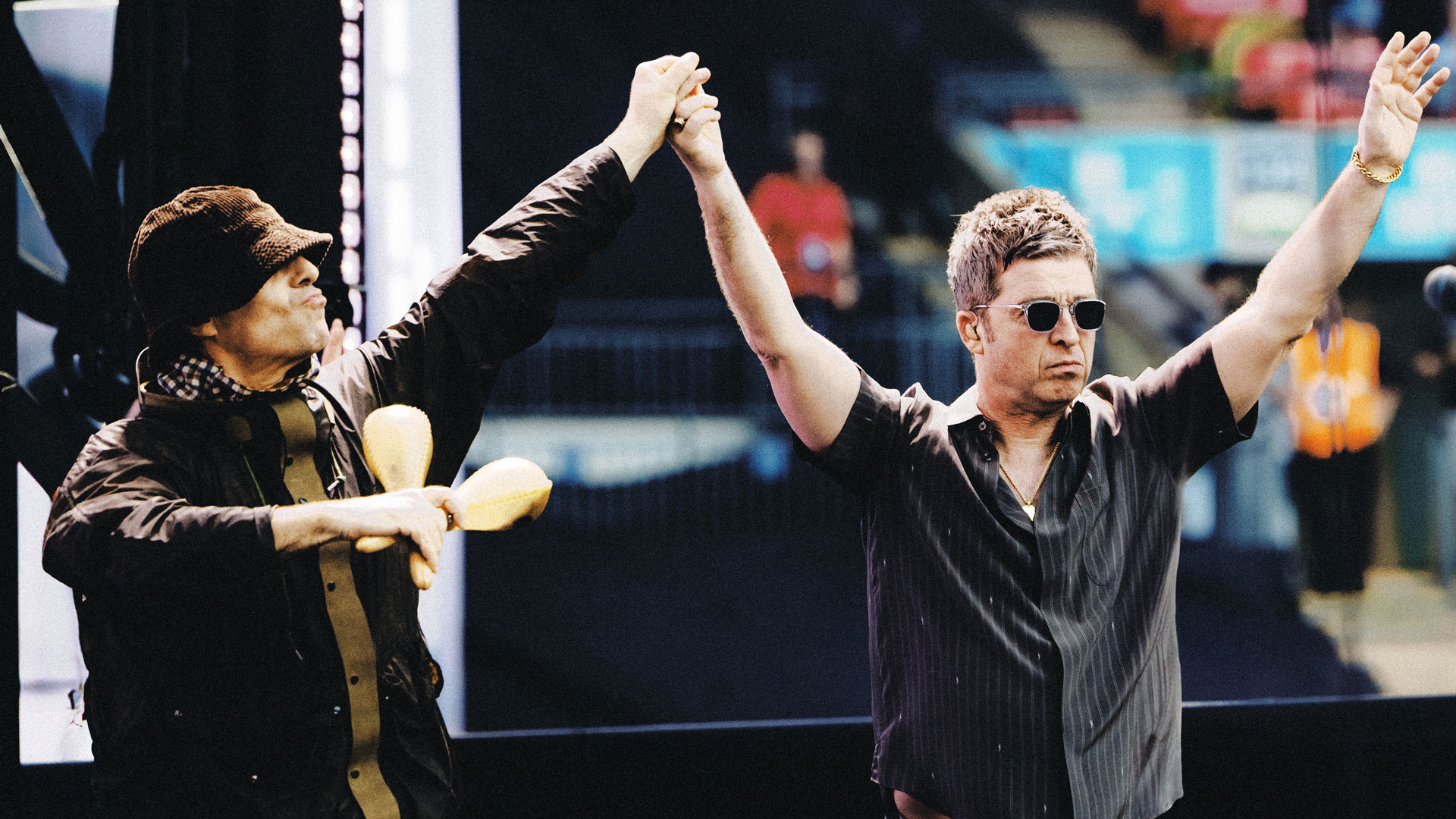Spending money on any entertainment is of course always a choice, and no matter if it’s a reunited 90s band, a West End musical or a Saturday afternoon at Stamford Bridge, the value of that event is common to you only. You could go and see Travis instead, or watch Leyton Orient v Barnsley, no doubt saving yourself a hundred quid, but then you will have paid for something you didn’t really want, and that’s worse.
Ticket prices are all about demand, and if that is high, then so is the price, and no matter how much noise is made about the multi-millionaire Gallaghers ripping off their fans, everyone who has been counting down the days, and is finally in that stadium, is going to love it whether Noel and Liam are worth £100 or £100 million. There’s also the fact that no music promotor of the calibre of Simon Moran’s SJM books seven nights at Wembley Stadium in one summer unless they are certain sell-outs.
So far, no one can look at the ‘Oasis Summer’ of 25 and say anything other than it is the highlight of the musical decade to date. The simplicity of Noel’s songs have that wonderfully uniting element that you get at the FA Cup Final, a feeling that has been missing in Britain since 1996, when Gazza missed that cross from Shearer by a whisker, and Tony Blairs’ WOMD cock-up spoilt the party vibe of those wonderfully optimistic 90s.
As for the working-class guilt trip that has been thrown at the brothers for growing-up skint, and those same people insisting that they give a discount to other skint people, is of course utter nonsense. The Gallaghers have been many-times multi-millionaires for over 30 years, and to my knowledge they have never tried to hide the fact that they live that lifestyle. Why pick on them and not Beyoncé whose tickets were the same price and whose mother was a hairdresser in Houston? It’s certainly no one’s fault that Rachel Reeves’ budget unexpectedly raised taxes when she had promised the opposite.
That said, the practice of ‘dynamic pricing’ is unequivocally, 100% wrong, when it raises the ticket price to multi-times the face value simply because of scarcity. It used to be called ‘touting’; a bare-faced rip-off, so if you chose to give your money to such people, then you do so with your conscience at risk.
Within an environment that has seen barely any bands reach number one in the UK since the last millennium, the market for open air summer shows has gone particularly bonkers this past three summers, partly in reaction to the Covid-19 lockdown. Hence, Blur, Oasis and even newer acts like Yungblud are making hay while the sun sheeines. But beneath the fun and sun, there is a more serious reason why we are being bombarded, and that’s because for modern musicians, touring and t-shirts are their only income.
It’s not true that there are no bands, it’s just that that they are all old, and the reawakening of their greatest hits catalogues is evident in the recent album charts where Definitely Maybe and (What’s the Story) Morning Glory? sat in the top five. Aggregated up, those two albums sold around 40 million copies and all on £15 CDs. The profits were astronomical compared to the pennies paid to artists on the 10-quid subscription model from today’s streaming/major label partnerships. So while the Gallaghers may have coined it back in the day, today the message is crystal clear… the only way to survive in the modern music business is to tour as big and as often as you can get away with.
These are some of the reasons why there are currently more stadium-level shows than there are superstar acts to headline them, yet through the first 25 years of this millennium, the three record major labels – Universal, Sony and Warners – have broken the least number of sustainable artists ever since the music business began in 1952, the year of the first chart.
To fix the problems of ticket racketeering at the core, the record industry needs to work with the iive industry rather than against it, and together they must find a way to offer genuine incentive and career prospects for younger musicians. This is not rocket science, and while it might mean less clear profit for a few years, without it it’s going to be tough to entice youth back into music, and away from the multi-entertainment options that live in their laptops.
Brilliant Sounding Rubbish by Kev Nixon is out 8 August.
Do you have a story to tell or opinions to share about this? Get in touch and tell us more.






